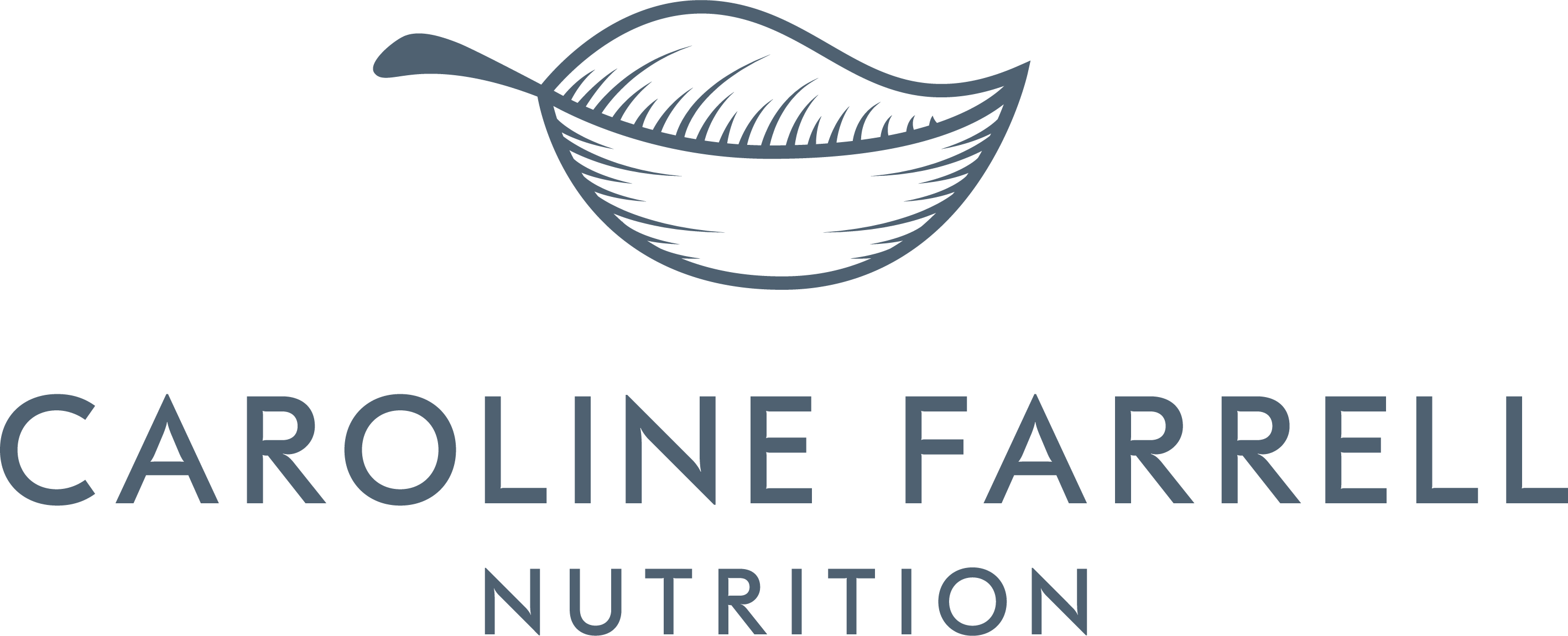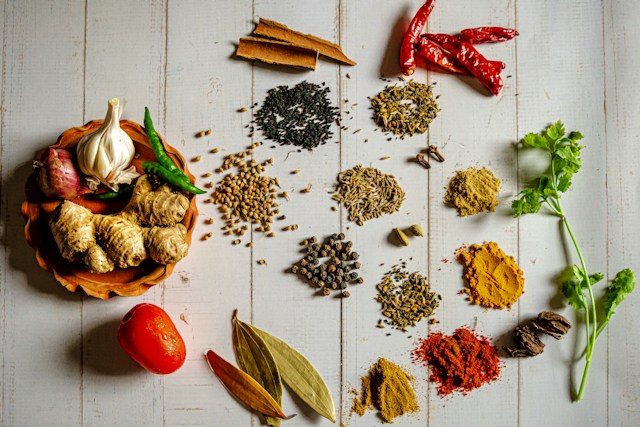Back to school season means more exposure to infections. While we can’t avoid our little ones’ exposure to infections, there are many things we can do to support our little ones’ ability to prevent and recover from infection.
Support the Gut
70% of your child’s immune system is in their gut. Therefore, supporting their gut health is key to supporting their immunity.
- The microbiome refers to the bacteria, viruses and fungi in our gut. A diverse and well-populated microbiome plays a key role in supporting our immune system. Fibre from plant foods feed the microbiome. To support the microbiome offer a range of plants foods aiming for a rainbow of fruit and vegetables each day.
- Fermented foods such as natural live yogurt and kefir milk help to populate your microbiome. In a 3-month study in 126 children, those who drank just 70 ml of Kefir milk daily had about 20% fewer childhood infectious diseases, compared with a control group. Try blending kefir milk with banana and frozen berries for an after-school snack.
Offer Foods Which Support Immunity
- Citrus Fruit: Citrus fruit such as oranges, grapefruits, and satsumas are rich in Vitamin C which may help the body to fight infections. Satsumas are an easy portable school snack option.
- Garlic: Garlic has anti-viral and anti-bacterial properties. Blend into pasta sauce or hummus.
- Oats:
Consider Supplements
- Black Elderberries: Black elderberries contain anthocyanins which have been found to reduce respiratory infections. My kids take elderberry syrup when there are a lot of bugs circulating. ⠀
- Vitamin D: Vitamin D is one of the key nutrients for supporting immunity. During the autumn and winter months, obtaining vitamin D from your diet becomes essential since sunlight isn’t sufficiently strong to enable the body to produce vitamin D. According to NHS guidelines, children should take a daily supplement containing 400iu of vitamin D. One study showed that children who had vitamin D supplements throughout winter had a 58% reduced risk of flu.
It’s important to note that supplements are there to ‘supplement’ the diet & food comes first. Also, it’s best to consult a Nutritionist before supplementing.




